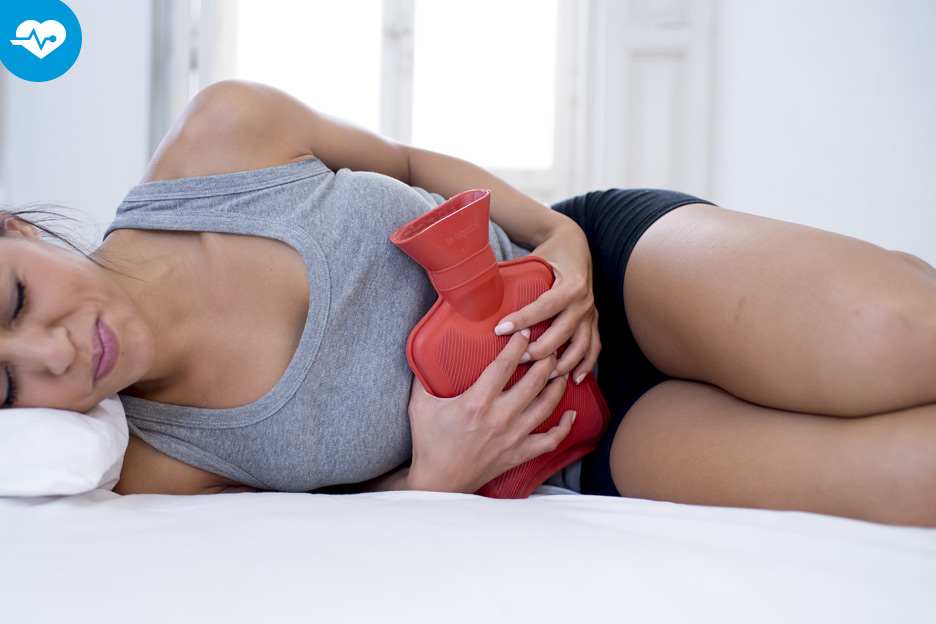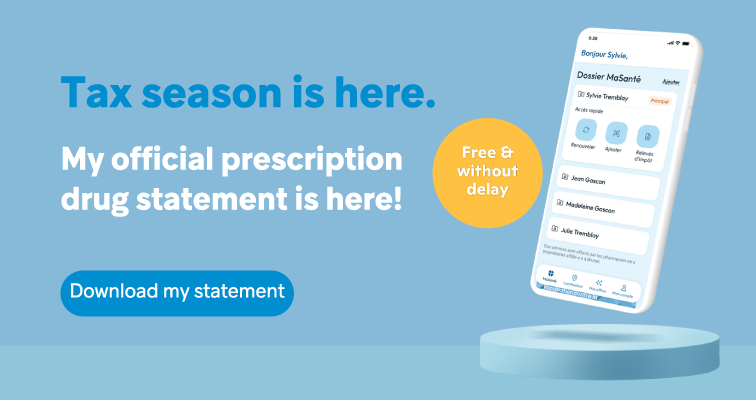Is your period extremely painful, making certain days of the month hard to get through? Next month, try these tips at the first hint of discomfort.

1
Get warm
Immerse yourself in a warm bath or apply a hot water bottle on your stomach. The heat helps relax the muscles of the uterus, relieving pain and cramps.
2
Give yourself a massage
Place both hands beneath your navel and contract your stomach about 10 times per minute until you feel warm. Continue the exercise for about 5 minutes.
3
Move
You might not feel like exercising during your period, but physical activity such as walking or stretching activates circulation in the lower abdomen and helps reducing pain.
4
Relax
Did you know that stress increases pain? Try relaxation techniques like yoga, meditation, tai chi, or whatever it is that helps you disconnect.
5
Consider anti-inflammatory drugs
Choose a nonsteroidal anti-inflammatory drug (NSAID) like ibuprofen, which reduces the production of prostaglandins. The NSAID must be taken on a regular basis, not only when needed, to maintain a low level of prostaglandins. To minimize stomach irritation, the NSAID must be taken with milk or food.
When to see a doctor
You should see a doctor when:
- You get no relief from over-the-counter pain medication, including NSAIDs;
- Pain appears in adulthood or worsens over time;
- You experience painful cramps several days before and after your period;
- You experience the following symptoms: fever, thick and yellowish vaginal discharge, bleeding between periods, or an abnormally heavy period.
